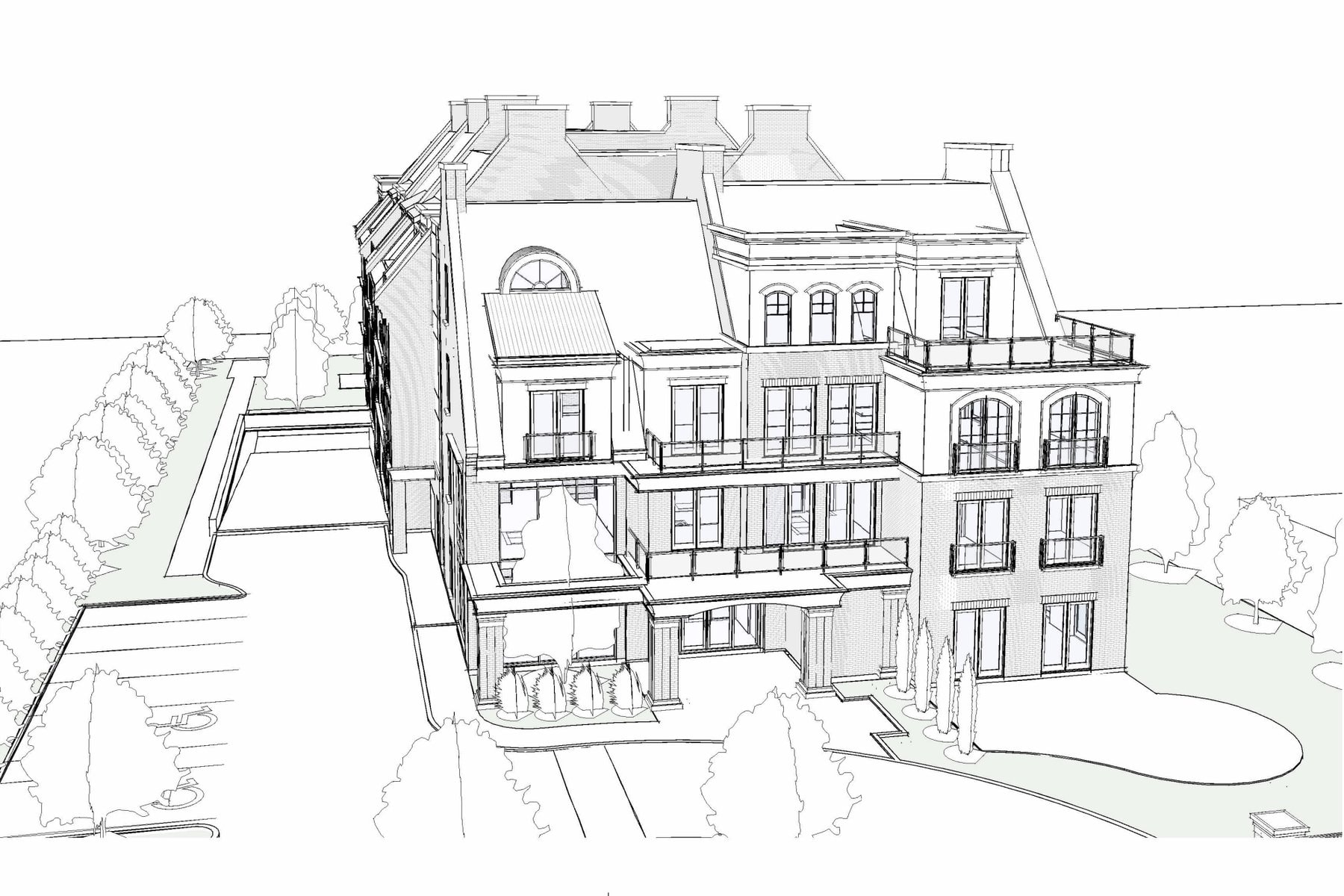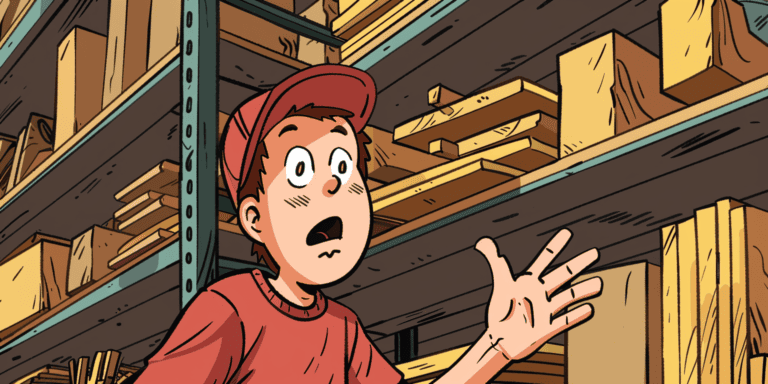Lyle Hall
Special to The Lake Report
Much has been written about the negative effects of Bill 23 on local planning authority and, ultimately, on the ability to approve and/or modify development projects.
While Bill 23 will create several challenges, it does not change the authority of NOTL council to approve or reject development applications including associated official plan and zoning amendments.
The in-depth article by Evan Loree in the Feb. 23 edition of The Lake Report (“How new Ontario law curtails town’s power over development“), primarily in relation to the Mary Street condominium project but with broader application, contains a number of statements that require clarification or correction. I’d like to address three of these.
The story said:
- Pierre Filion, a retired professor of urban planning at the University of Waterloo, says, “The power to approve development proposals now ultimately rests with the Ontario Land Tribunal.”
This power is not new. The land tribunal and its predecessor, the Ontario Municipal Board, have had the ultimate power to adjudicate development proposals for more than 70 years.
Bill 23 does not provide any new powers to the tribunal except the ability to dismiss an appeal for reason of delay and/or to award costs (a change seen as a method to eliminate frivolous appeals).
- “Under (Bill 23) control over features related to character, scale, appearance and design have been axed …”
Not true. Site plan control still applies for residential buildings with more than 25 units. The Mary Street project has 41 units so the character, scale, appearance and design considerations, as set out in the official plan, still apply.
- “Bill 23 allows up to three residential units as of right to be built on most land zoned for one home … without needing a municipal bylaw amendment.”
This is correct, however, the article did not state that the additional units may be contained within the existing (or modified) residential structure — such as a basement suite—and/or in a garden home. Any new or modified structure must also comply with municipal height limits.
The article addresses four other areas that require comment. The first is affordability and the need to provide a range of housing. While the Mary Street project might offer housing alternatives, they are hardly affordable.
A four-storey, concrete building with a rooftop pool and a full level of subterranean parking is likely to cost more than $35 million to build, (about $850,000+ per unit) before land, financing and marketing costs.
As developer Rainer Hummel is quoted as saying: You would “need to be insane to think (you) could make a dime building affordable housing in NOTL.” It’s not clear if he meant in Old Town or across NOTL, but the point is clear.
Secondly, and staying with Mr. Hummel, the assertion is made that a four- or even six-storey building is “almost impossible to stop.”
Nothing in provincial legislation generally, or Bill 23 specifically, grants permission for any height of a building, anywhere in the province. Approval of development, including height, remains the responsibility of our municipal council.
Thirdly, cost of litigation was raised as a justification to avoid appearances in front of the Ontario Land Tribunal.
Yes, tribunal appearances can be costly but there are things worth fighting for, including the integrity and character of NOTL’s heritage areas.
As a result, let’s choose our battles wisely and for the right reasons. Most of all, let’s make sure our combatants are well-prepared and well-armed.
Finally, The Lake Report article quotes Lord Mayor Gary Zalepa as saying it’s important for citizens to “understand the planning process.”
We couldn’t agree more and we hope these clarifications assist NOTLers in separating fact from opinion when it comes to Bill 23 and the current development environment.
Lyle Hall is president of the Niagara Foundation.










